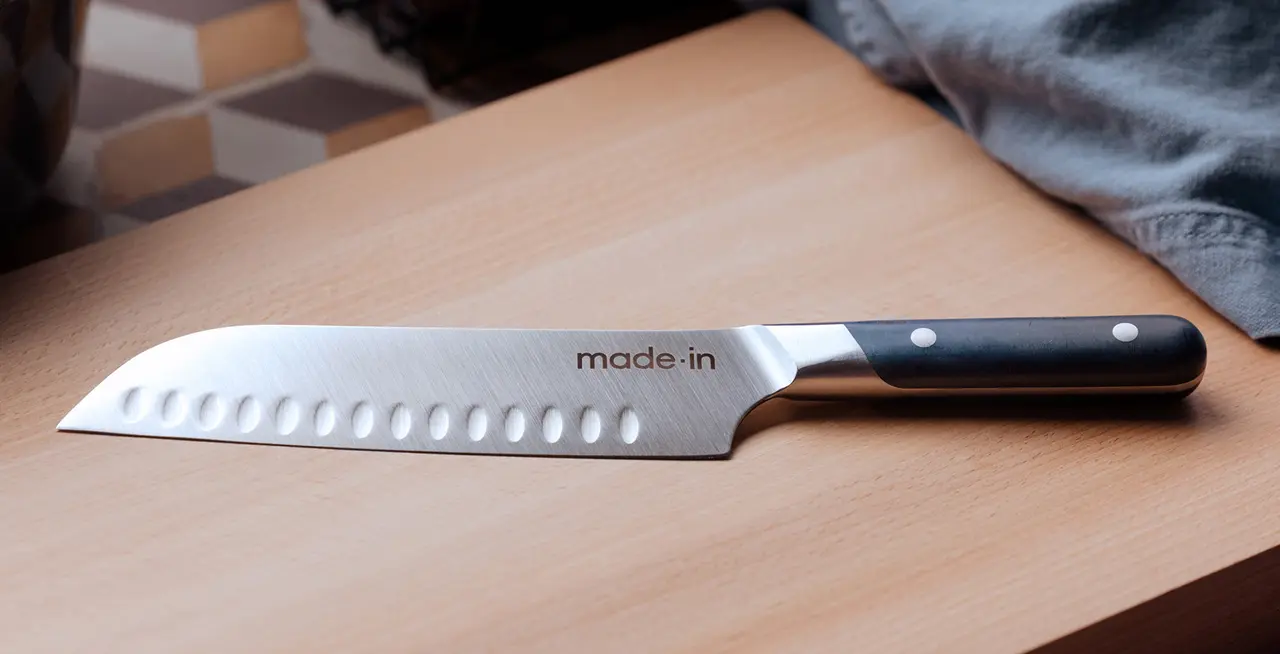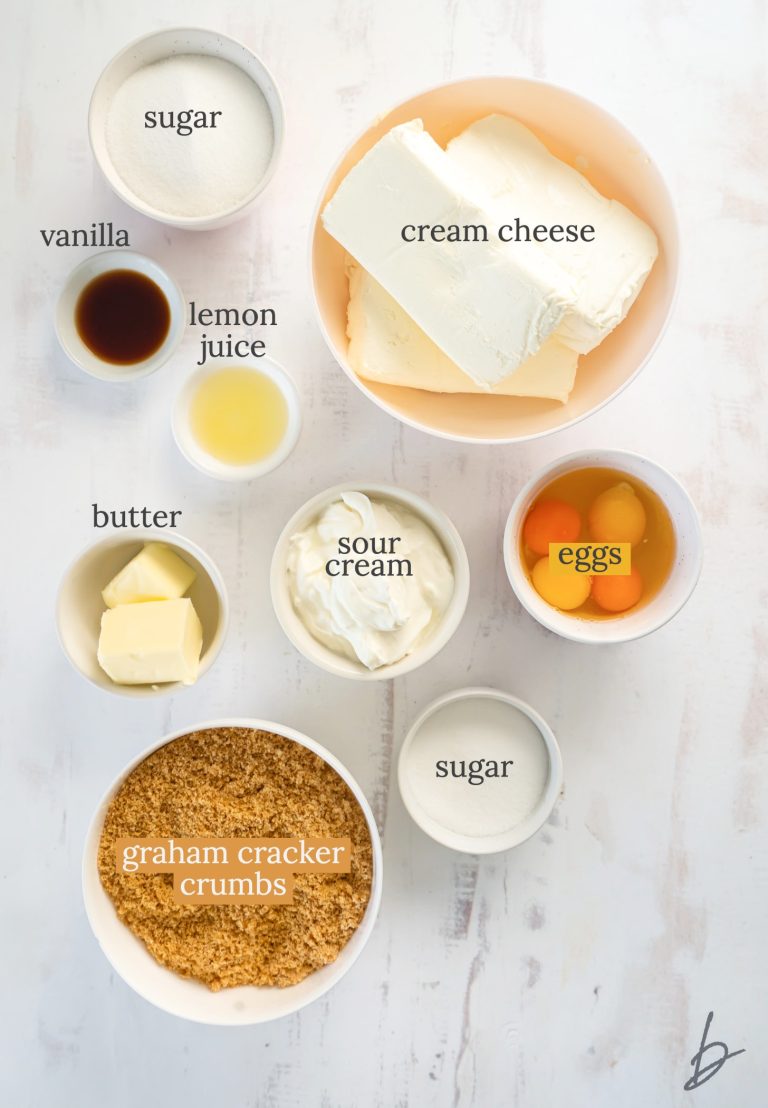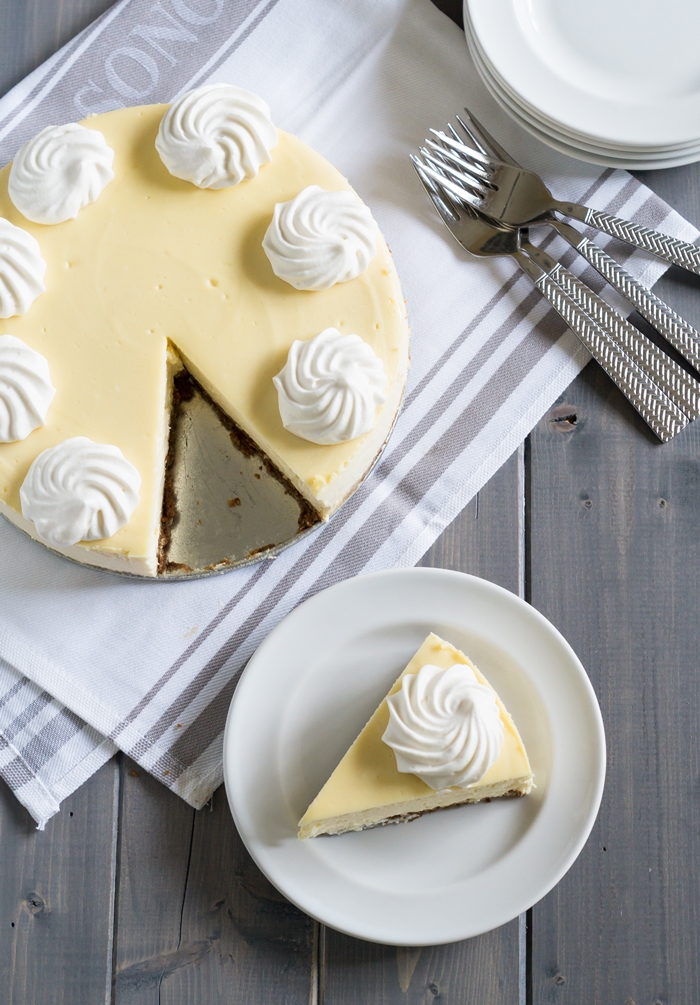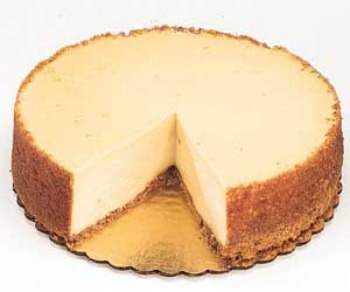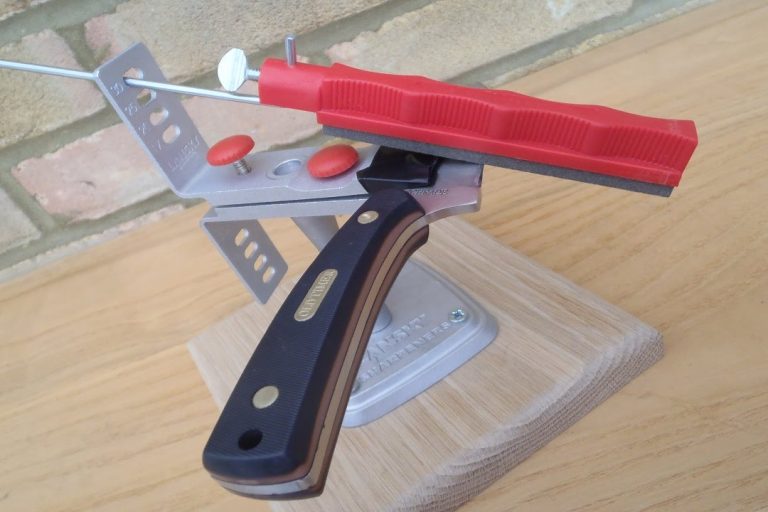What Is a Santoku Knife Used For? Essential Kitchen Guide
What is a Santoku knife used for? A Santoku knife is used for slicing, dicing, and chopping vegetables, meat, and fish. It has a shorter, wider blade with a flat edge and a curved tip, making it ideal for precise cuts and fast, efficient prep work in the kitchen.
You’re not alone; we’ve all been there. But what if there was a knife that could transform your cooking experience? Enter the Santoku knife. This versatile tool is a game-changer, designed to make chopping, slicing, and dicing effortless. You might wonder, what exactly is a Santoku knife used for, and why should you consider adding it to your kitchen arsenal?
Let’s uncover the secrets of this remarkable knife and explore how it can elevate your cooking skills, making meal prep quicker and more enjoyable. Get ready to discover a new way to slice and dice your way to culinary success.

Credit: fnsharp.com
What Is a Santoku Knife Used For?
Santoku Knife Features
Santoku knives are perfect for chopping, slicing, and dicing vegetables, fruits, and meats. Their wide, flat blade and sharp edge provide precision and control. Ideal for everyday kitchen tasks, they combine efficiency with versatility.
When you enter the world of culinary arts, you quickly realize that the right tools make all the difference. The Santoku knife is one such tool that stands out for its unique features. Whether you’re an aspiring home chef or a seasoned cook, knowing these features can transform your cooking experience.
Santoku Knife Blade Design
The Santoku knife boasts a broad blade that’s slightly shorter than most chef’s knives. This design gives you better control and precision in your cuts. Its straight edge and flat profile make it excellent for slicing and dicing. You might find it especially useful for cutting thin slices of vegetables or meats.
Granton Edge Technology
You’ll notice the dimples along the blade’s surface, known as Granton edges. These are not just for show; they reduce friction and prevent food from sticking. Imagine cutting through a potato and not having to peel it off the blade every time. This feature makes your prep time efficient and hassle-free.
Comfortable Handle
The handle of a Santoku knife is designed for comfort. It’s usually made from durable materials like wood or composite, ensuring a firm grip. Whether you’re chopping for a minute or an hour, the ergonomic design reduces wrist fatigue. Have you ever felt your hand cramp after long prep sessions? This handle aims to eliminate that.
Versatility In Use
The Santoku knife is a jack-of-all-trades in the kitchen. Its name translates to “three virtues,” referring to slicing, dicing, and mincing. You can use it for vegetables, fruits, and even boneless meats. Do you have a favorite dish you cook often? This knife can likely help you prepare it with ease.
Lightweight Construction
This knife is lighter than most, which means less strain on your hand. Its balanced weight helps you maintain control without exerting much force. Imagine gliding through ingredients effortlessly, as if the knife were an extension of your hand. You’ll appreciate this feature during extended cooking sessions. Choosing the right knife can elevate your cooking. The Santoku knife’s features offer practical benefits that can improve your culinary skills. Which feature do you think will make the most difference in your kitchen adventures?
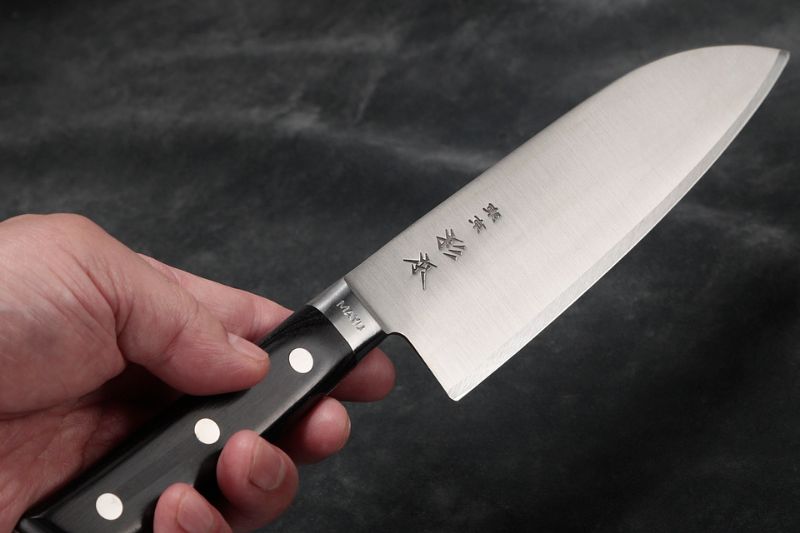
Credit: dreamofjapan.com
Versatile Cutting Techniques
The Santoku knife is a staple in many kitchens due to its versatility. Its name means “three virtues” in Japanese, referring to its ability to handle slicing, dicing, and chopping. This knife is perfect for various cutting techniques, making it indispensable for cooks.
Perfect Slices
The Santoku knife excels in slicing vegetables and fruits. Its wide blade and sharp edge ensure clean, even cuts. This precision helps maintain the texture and appearance of ingredients. The flat edge aids in creating thin, uniform slices effortlessly.
Efficient Dicing
Dicing is where the Santoku truly shines. Its design allows for quick, efficient chopping of ingredients. The knife’s balance and weight make it easy to control. This ensures your diced pieces are uniform, enhancing the dish’s presentation and flavor.
Chopping Mastery
Chopping herbs and nuts is simple with the Santoku knife. Its curved blade lets you rock the knife back and forth. This motion is ideal for finely chopping without bruising or crushing. The knife’s design minimizes effort while maximizing precision.
Meat Preparation
The Santoku knife is not just for vegetables. It is effective for slicing and trimming meats too. The sharp edge cuts through meat fibers cleanly. This ensures tenderness and retains juices. Preparing meats with this knife is quick and efficient.
Fish Filleting
Filleting fish requires precision, and the Santoku delivers. Its sharp blade easily cuts through fish skin and bones. The wide blade helps lift fillets smoothly. This makes it a preferred choice for fish preparation in many kitchens.
Perfect For Slicing And Dicing
Santoku knives excel in chopping, slicing, and dicing tasks. Their wide blade easily handles vegetables, meats, and fish. The design ensures precise cuts, making meal preparation efficient and enjoyable. Ideal for both home cooks and professional chefs.
When it comes to kitchen tools, the Santoku knife stands out for its versatility and precision. Perfect for slicing and dicing, this knife can transform your cooking experience. Have you ever struggled with uneven cuts or squashed tomatoes? The Santoku might be your new best friend in the kitchen. Its unique design and sharp edge make it a go-to choice for many home cooks and professional chefs.
Effortless Vegetable Preparation
A Santoku knife excels in handling vegetables. Its sharp blade makes slicing through tough veggies like carrots and potatoes a breeze. You can achieve thin, even slices that cook evenly and look great on your plate. Next time you’re preparing a stir-fry, see how quickly and efficiently you can chop your veggies with a Santoku.
Precision In Slicing Meats
If you enjoy cooking meats, this knife can be a game changer. Its broad blade allows for steady, controlled slicing, which is perfect for meats like chicken and beef. Imagine preparing a chicken breast and being able to slice it into perfect pieces without tearing the meat. You’ll find that a Santoku knife gives you control and precision, making meal prep more enjoyable.
Creating Uniform Fruit Pieces
Slicing fruits can be tricky, especially soft ones like tomatoes or mangoes. The Santoku knife, with its sharp edge and balanced weight, allows you to slice fruits into uniform pieces without much effort. This uniformity not only makes your fruit salads look more appealing but also ensures even flavor distribution in every bite.
Quick And Efficient Herb Chopping
Do you love adding fresh herbs to your dishes? Chopping herbs finely can be tedious with a dull knife. With a Santoku, you can quickly mince herbs like basil, cilantro, or parsley. The knife’s flat blade allows for a rocking motion, making the task faster and more efficient. You’ll have your herbs ready in no time, adding that fresh burst of flavor to your meals.
Making The Most Of Its Design
The design of the Santoku knife is tailored for ease of use. Its slightly curved blade allows for a seamless rocking motion, while the wide blade provides balance and control. This design helps in maintaining a consistent cutting rhythm. Whether you’re a seasoned chef or a home cook, you’ll appreciate how the knife’s design enhances your slicing and dicing tasks. Consider how a Santoku knife could simplify your time in the kitchen. It’s not just about having the right tool; it’s about enjoying the cooking process more. What dish will you try next with your Santoku?
Chopping Vegetables Efficiently
A Santoku knife excels at chopping vegetables swiftly and precisely. Its wide blade allows for easy scooping, making meal prep efficient. Ideal for slicing, dicing, and mincing, this versatile tool enhances every cooking experience.
Chopping vegetables efficiently is a crucial skill in any kitchen, whether you’re a seasoned chef or a home cook. The right tool can make all the difference, and that’s where the Santoku knife shines. This Japanese knife is celebrated for its versatility and precision, making it an essential addition to your culinary toolkit.
Understanding The Santoku Knife Design
The Santoku knife is known for its distinctive shape. It has a flat blade edge and a sheepsfoot-shaped tip, which helps in achieving precise cuts. The blade is typically shorter and lighter than a traditional chef’s knife, allowing for better control.
Why The Santoku Knife Excels At Vegetable Chopping
Its design makes it perfect for chopping vegetables. The flat edge facilitates a smooth, up-and-down motion. This is unlike the rocking motion used with a chef’s knife, making it ideal for quick, uniform vegetable cuts.
Practical Tips For Using A Santoku Knife
Start by holding the knife properly. Grip the handle firmly, but not too tightly, and ensure your thumb and index finger are on either side of the blade. Practice makes perfect, so take your time to adjust to the knife’s balance and weight.
Personal Experience: Discovering Efficiency
I remember the first time I used a Santoku knife. I was prepping for a stir-fry, and the way it sliced through bell peppers and onions felt effortless. It was a game-changer, making me wonder why I hadn’t used one sooner.
Choosing Your Santoku Knife
When selecting a Santoku knife, consider the blade material and handle comfort. Stainless steel blades are durable and easy to maintain. Look for a handle that fits comfortably in your hand to prevent fatigue during long cooking sessions.
Maintaining Your Santoku Knife
Regular sharpening is essential to keep your knife performing well. Use a sharpening stone or a professional service. Always clean and dry your knife immediately after use to prevent rust and maintain its sharpness.
Engage With Your Cooking
Have you ever struggled with unevenly chopped vegetables? A Santoku knife might be the solution you need. Share your thoughts or experiences with this versatile tool in the comments below.
Ideal For Meat And Fish Preparation
The Santoku knife is a versatile tool for meat and fish preparation. Known for its sharp edge and unique design, it offers precision and ease. This knife excels in slicing, dicing, and mincing, making it a favorite among chefs and home cooks alike.
Cutting Meat With Precision
A Santoku knife features a straight edge and a narrow blade. This design allows for clean, precise cuts. Whether trimming fat or slicing steaks, the Santoku performs efficiently. Its balanced weight helps maintain control, reducing strain during use.
Efficient Fish Filleting
Filleting fish becomes easier with a Santoku knife. The thin blade glides through fish, separating skin from flesh effortlessly. Its sharp tip ensures accuracy, removing bones without damaging the meat. This makes it ideal for preparing delicate fish dishes.
Versatile For Seafood Dishes
Preparing seafood requires precision and care. The Santoku knife excels in this area. Its sharp edge cuts through shrimp and scallops with ease. The knife’s design prevents sticking, ensuring smooth, uninterrupted cuts. Perfect for any seafood recipe.
Maintaining Knife Sharpness
A sharp Santoku knife enhances your cooking experience. Regular honing keeps the blade sharp and efficient. Always clean the knife after use to prevent rust and damage. Proper care extends the life of your Santoku, ensuring it remains a kitchen staple.

Credit: www.thecookingguild.com
Frequently Asked Questions
What Makes A Santoku Knife Unique?
A Santoku knife is famous for its versatility. It combines chopping, slicing, and dicing in one tool.
Can A Santoku Knife Replace A Chef’s Knife?
Yes, many people use Santoku knives for everyday tasks. It’s great for vegetables, fruits, and boneless meats.
Is A Santoku Knife Good For Beginners?
Yes, it’s user-friendly with a comfortable grip. Perfect for those new to cooking or kitchen tools.
Conclusion
A Santoku knife is a versatile kitchen tool. It excels at slicing, dicing, and chopping. With a lightweight design, it feels comfortable in hand. Its sharp edge provides precise cuts, making meal prep easier. Ideal for vegetables, fruits, and meats.
Many chefs love its efficiency and balance. This knife is a wonderful addition to any kitchen. It suits both beginners and seasoned cooks alike. A Santoku knife helps improve your cooking experience. So, consider adding one to your culinary tools today.
Related Article
- What is a Paring Knife Used For? Essential Kitchen Tips
- How to Sharpen a Serrated Knife? Expert Techniques
- Belt Buckle Hidden Knife: Concealed Style and Safety
- Best Pocket Knife Sharpener for Precision and Portability in the Outdoors
- Best Boning Knife for Precision Cutting and Effortless Meat Preparation

